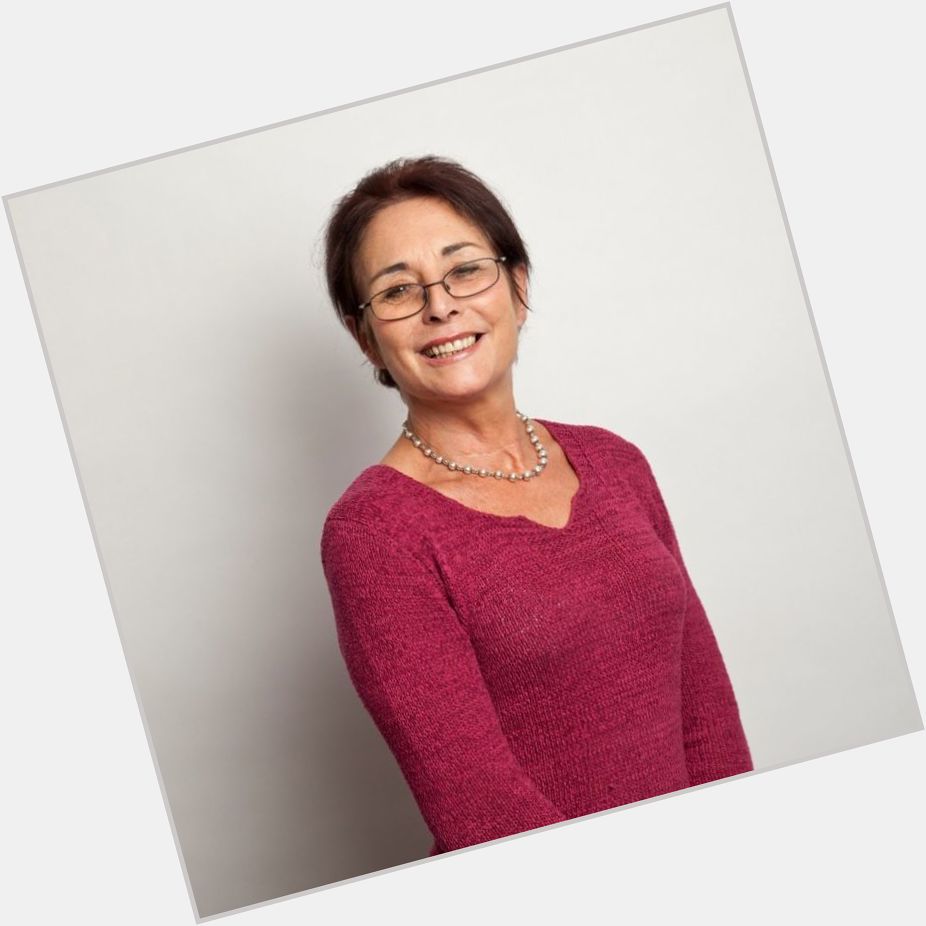


Trump’s pathological lying and distortions may be an aberration, but as Rosenfeld shows, conflicts over truth have been baked into modern democracies since the era of the eighteenth-century transatlantic revolutions, when a “moral and epistemic commitment to truth” rather than to a ruler came to “undergird the establishment of the new political order.” Indeed, what makes for democratic citizens rather than imperial (or totalitarian) subjects, she suggests, is the fact that the task of negotiating intellectual primacy and legitimacy falls to them. In Democracy and Truth, she argues that, much like “common sense,” which was never really common nor particularly sensible, “truth” has long been a fighting word in modern democracies, deployed in public struggles over authority and credibility.ĭemocracy and Truth reveals that today’s struggles over what constitutes “the truth”-though disturbing and potentially dangerous-do not represent a radical rupture with the past. She explored how, since the late seventeenth century, appeals to “common sense” were made by both the left and the right to exalt popular sovereignty as well as defend demagoguery. In her previous book, Common Sense: A Political History (2011), Rosenfeld showed how the notion of “common sense”-the inherent wisdom of the people-became instrumental to the formation of modern transatlantic democratic populism. In Democracy and Truth, Rosenfeld examines our moment of “post truth,” “alternative facts,” and “truth isn’t truth” and reveals how contestations over truth are part and parcel of the history of democratic theory and practice. Now What?: Essays on War and Climate Change exemplify the growing trend of scholars willing to lean outside of the ivory tower to intervene on crucial public debates, but not so far as to tumble from it without the insights and explanatory schemes that make their interventions so effective and necessary. Sophia Rosenfeld’s Democracy and Truth: A Short History and Roy Scranton’s We’re Doomed.

In recent years, however, a growing number of academic humanists have made the move-perhaps because of the crisis in their own ranks-to train their attention on even larger crises threatening America and the world today. With precipitous declines in humanities course enrollments and punishing cuts to programming, the “crisis in the humanities” still rages.


 0 kommentar(er)
0 kommentar(er)
